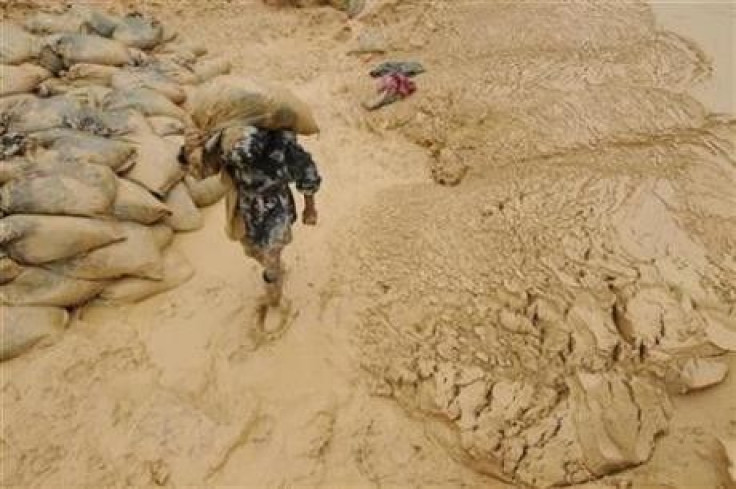Canadian firm aims to mine rare earth in Wyoming forest

Canada based rare earth mineral company Rare Element Resources is planning to open a strip mine inside a national forest in northeast Wyoming, the Associated Press reported.
Everything we've seen so far looks very, very bullish for it to be a commercial project, said Ranta, CEO of Vancouver, British Columbia-based Rare Element Resources. If approved and if it goes into production, the mine would be located about 15 miles from Devils Tower National Monument, the nation's first national monument.
Rare earth metals have a wide variety of applications. They are used in hybrid car motors, computer hard drives, cell phones, and wind turbines. They are also essential for military equipment. Jet engines, smart bombs and guided missiles, lasers, radar, night vision goggles, and satellites all depend on rare earth metals to function.
For its particular combination of rare earths, Wyoming's Bear Lodge Mountains ranks close behind a mine at Mountain Pass in southeastern California as North America's best verified source of the minerals, John Kaiser, editor of the Kaiser Bottom Fish website, which tracks global metals markets and mining companies told AP.
In the long run, I think it will end up being even bigger than Mountain Pass, Kaiser said.
Rare earths with critical military applications include samarium, used for super-strong samarium-cobalt magnets that help steer guided missiles. The General Accounting Office, Congress' auditing arm, reported in April that the Navy's Aegis Spy-1 radar, expected to be used for 35 years, uses samarium-cobalt magnets that will need replacement during the system's service life. Defense contractors use China-supplied neodymium magnets in motors used to build fuel-saving hybrid electric drives for U.S. Navy destroyers, the GAO reported.
Reserves of rare earth minerals across world
The total reserves of rare earth in the world are estimated to be around 99 million tonnes. China and the United States control most of these reserves with individual endowments of 36 million tonnes (30 per cent of world's total) and 13 million tonnes (13 percent of world's total), respectively.
Other countries which hold substantial reserves are Australia, India, the Commonwealth of Independent States, and Brazil. Over the years the supply patterns of rare earths have undergone fundamental changes.
According to the US Geological Survey's Mineral Commodities Summary, China today produces approximately 97 per cent of the world's rare earth, whereas till 1995 USA and China produced equal quantities of rare earths. Of the 124,000 tonnes of ore mined in the year 2009, China produced 120,000 tones.
Rare earth control by Chinese companies
China suspended shipments of the mineral to EU and US in October, media reports stated. The suspension came after there were indications that the U.S. would investigate if China was violating World Trade Organization rules by subsidizing clean energy exports and limiting clean energy imports.
China has been reducing export quotas of rare earth minerals over the past few years, citing environmental concerns. However, Wang Caifeng, who is in charge of setting up the China Rare Earth Industry Association, stated that China might slightly raise the production cap and export quota next year.
China, which mines more than 90 percent of the world's rare earth, has exported 6,000 tones, or 49.8 percent, of its total rare earth to Japan, representing 167 percent rise year on year, according to China's Ministry of Commerce.
© Copyright IBTimes 2024. All rights reserved.











